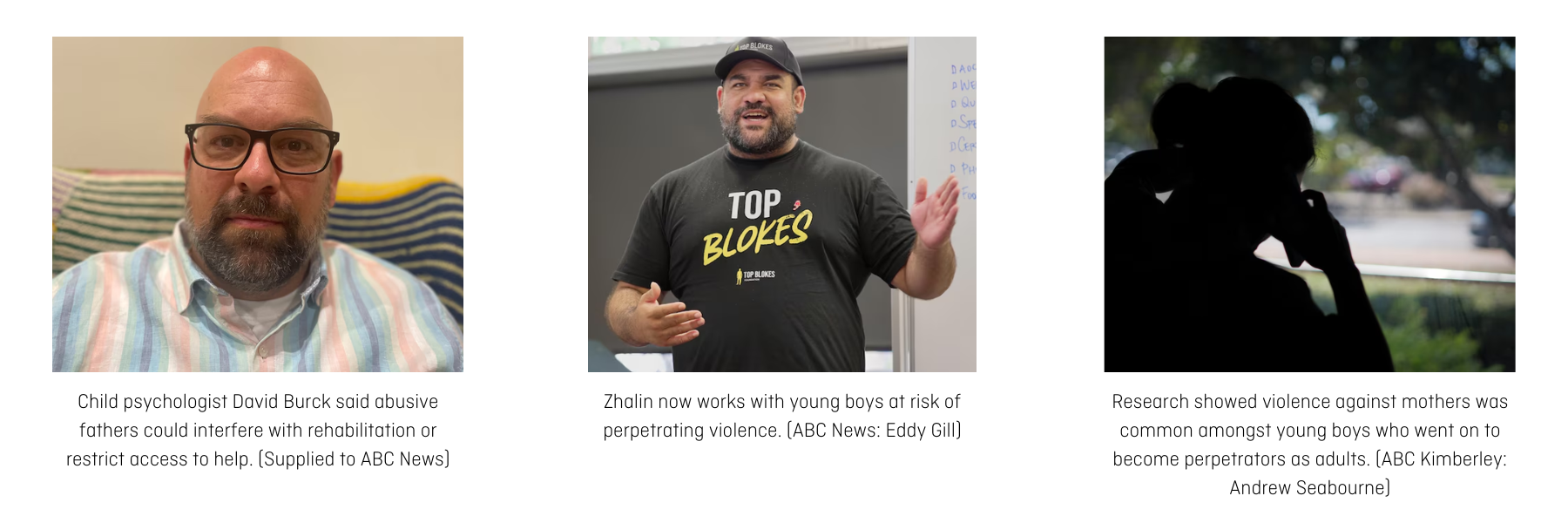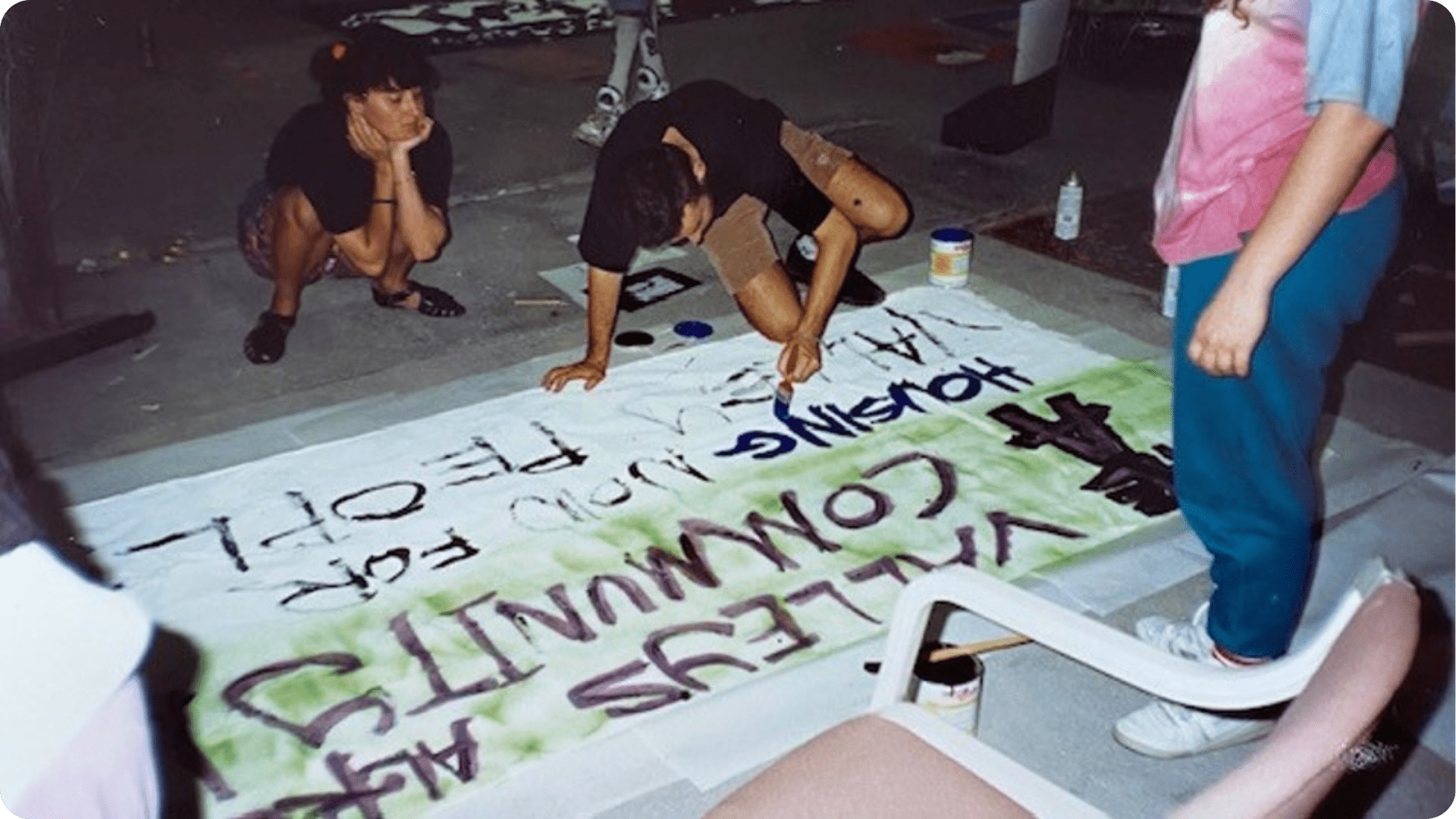Experts say working with perpetrators when they’re still teens could shift the dial on Australia’s family violence crisis.
A 2021 Senate inquiry found while early intervention is critical there are too few programs and not enough evidence on what works.

Lou Baker [from Brisbane Youth Service] said reports of teens breaking phones or engaging in strangulation in their first relationships were common.
“We’re seeing a concerning rise in high-risk domestic and family violence among young people, including non-lethal strangulation in intimate relationships, which is particularly alarming during young women’s pregnancies,” Ms Baker said.
“Recognising coercive control, or emotional abuse can be difficult. Many [young people] equate abuse solely with physical violence.”
David Burck is a child psychologist who recently interviewed 25 mothers and teens for a PhD that looked at young men’s violence towards mothers.
“They don’t see this use of violence as problematic. They’re just like, ‘well, that’s how relationships work’.”

At the K.I.N.D. program three-quarters of participants were victim-survivors of family violence.
Zhalin, who grew up in the gang ridden suburbs of South Auckland before moving to Logan, said he experienced extreme discipline from his father who beat him and some of his 17 children with implements if they misbehaved, sometimes encouraging siblings to take part.
“What I learnt at a young age was violence and fear can get you things that love and respect does not.”
Dr Burck said any early intervention should focus on young men as victim-survivors themselves.
“If you only focus on their violence use – they disengage because they feel viewed as the problem.”
Read the full ABC News story by Alison Branley →
